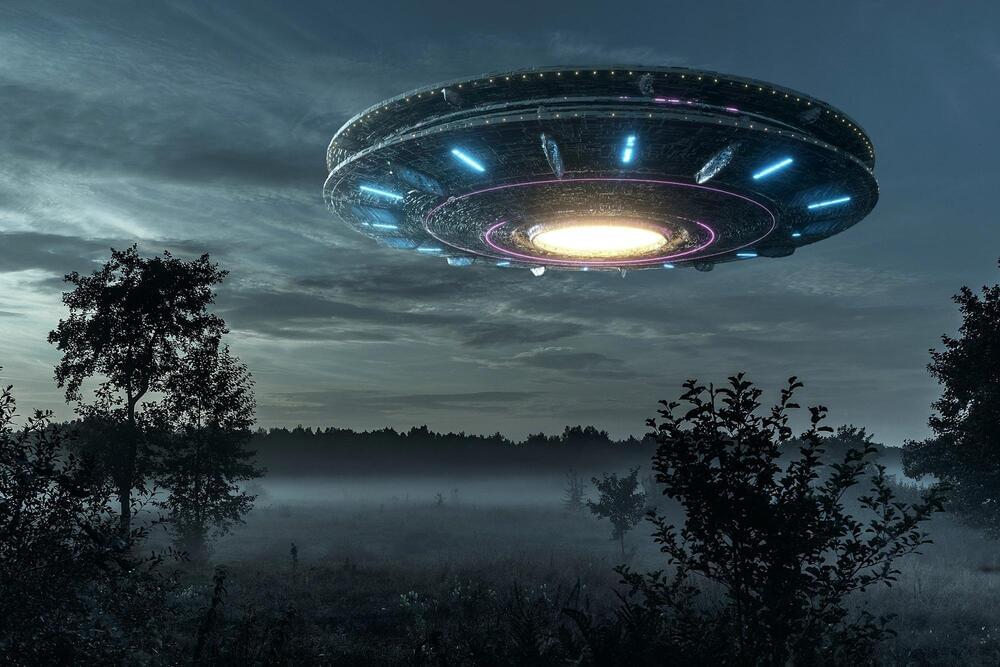The era of space exploration brings with it a new risk: invasion. The peril comes not from little green men arriving on flying saucers but, rather, from microbiological contamination of Earth from extraterrestrial environments and vice versa. Writing in BioScience, Anthony Ricciardi, of McGill University, and colleagues describe the dangers posed by such organisms and outline an approach to address the threat.
The authors caution that biological contamination endangers both ecosystems and human well-being. “Owing to their massive costs to resource sectors and human health, biological invasions are a global biosecurity issue requiring rigorous transboundary solutions,” say Ricciardi and colleagues. And that threat may be more immediate than previously anticipated. Despite considerable microbial caution among space agencies, say the authors, “bacterial strains exhibiting extreme resistance to ionizing radiation, desiccation, and disinfectants have been isolated in NASA
Established in 1958, the National Aeronautics and Space Administration (NASA) is an independent agency of the United States Federal Government that succeeded the National Advisory Committee for Aeronautics (NACA). It is responsible for the civilian space program, as well as aeronautics and aerospace research. It’s vision is To discover and expand knowledge for the benefit of humanity.
